Great Horned Owls & Striped Skunks

Striped Skunks do have predators other than Great Horned Owls (bobcats, foxes and coyotes-fishers have been known to prey on skunks, but very infrequently), but these predators have to be pretty desperate before they will prey on a skunk. Automobiles and disease kill more skunks than all of their predators put together, but Great Horned Owls have the distinction of being the primary predator of Striped Skunks.
Being a nocturnal hunter, a Great Horned Owl necessarily consumes prey which are nocturnal. Striped Skunks are active at night and are consumed by Great Horned Owls with regularity, even though a skunk can weigh up to three times as much as a Great Horned Owl (average GHO weighs a little over 3 pounds) and has a potent way of defending itself.
For many years scientists assumed that birds had a poor sense of smell because the area of a bird’s brain involved in smell is relatively small compared with the area found in mammals. However, recent research reveals that birds have a high number of active genes that are associated with smell, and many species may have an excellent sense of smell. It’s fairly safe to assume, however, from its consumption of skunks, that the Great Horned Owl’s sense of smell is not very well developed. In addition, if a skunk sprays, much of the odor is absorbed by the Great Horned Owl’s leg feathers, which extend down to its talons.
A favorite memory of mine is walking through a field at dusk and suddenly noticing a strong skunk-like smell coming from above, not below, me. A Great Horned Owl silently flew overhead, with only the tell-tale smell of a recently-captured skunk announcing its presence.
Naturally Curious is supported by donations. If you choose to contribute, you may go to http://www.naturallycuriouswithmaryholland.wordpress.com and click on the yellow “donate” button.
Mystery Question

Without googling or looking up the answer, what animal do you think might be the Striped Skunk’s primary predator? Submit answers under “Comments” on the Naturally Curious blog.
Naturally Curious is supported by donations. If you choose to contribute, you may go to http://www.naturallycuriouswithmaryholland.wordpress.com and click on the yellow “donate” button.




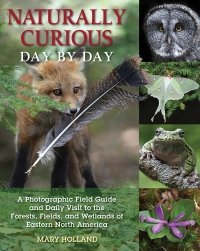
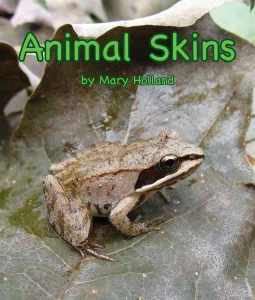
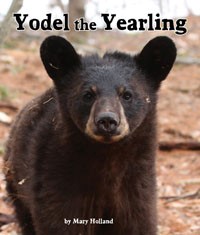


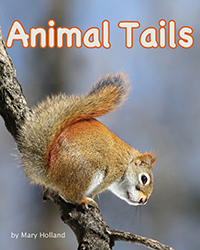
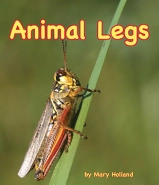
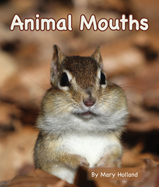






What Other Naturally Curious People Are Saying